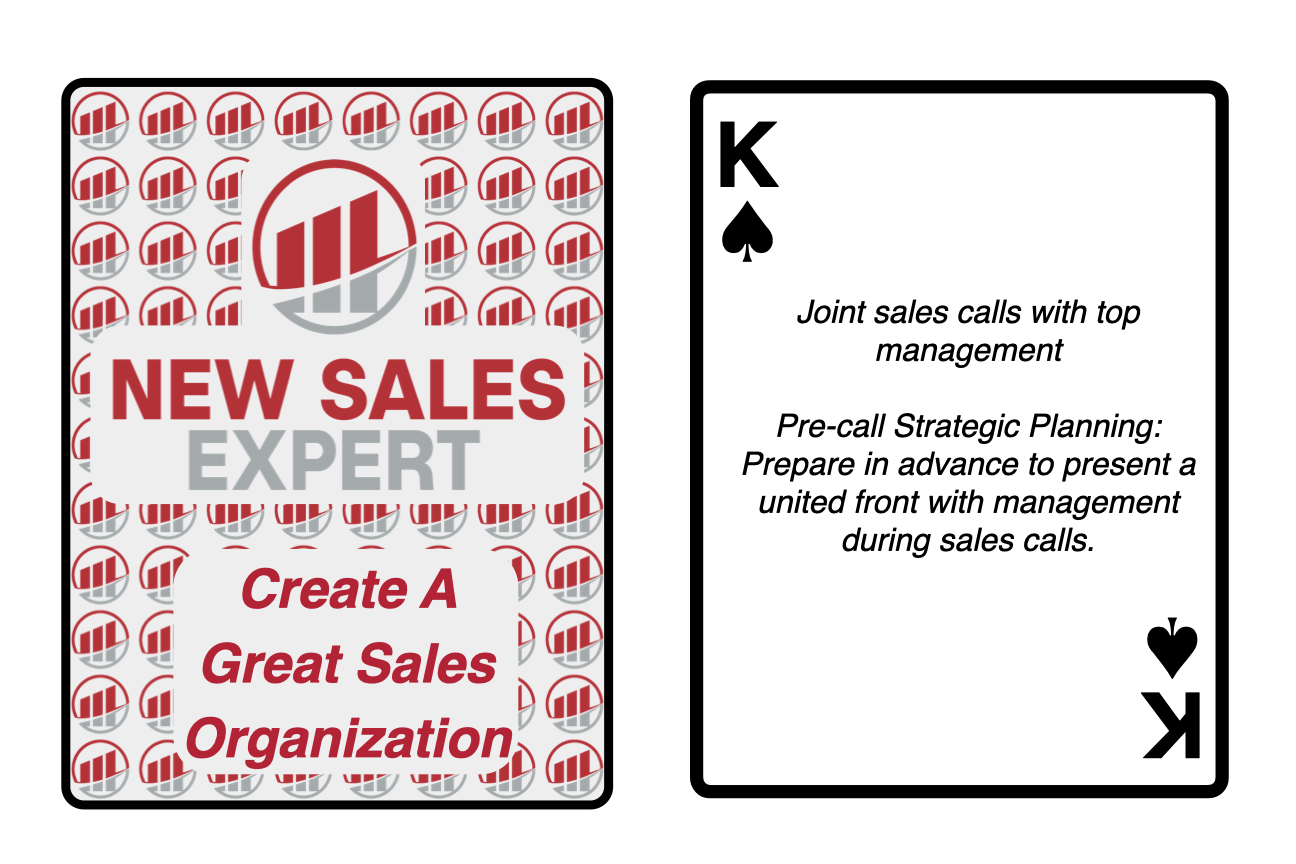Strategizing Success: A Small Business Guide to Sales Mastery
Understanding the intricacies of sales plans, processes, and methodologies is beneficial and crucial for sustained growth and success in B2B sales. This deep dive offers invaluable insights for salespeople, sales managers, and CEOs of small companies looking to refine their sales strategies and enhance management capabilities. A sales plan is more than just setting targets; it’s about crafting a roadmap to market success, focusing on who you’re engaging with and the value you bring to… Strategizing Success: A Small Business Guide to Sales Mastery




